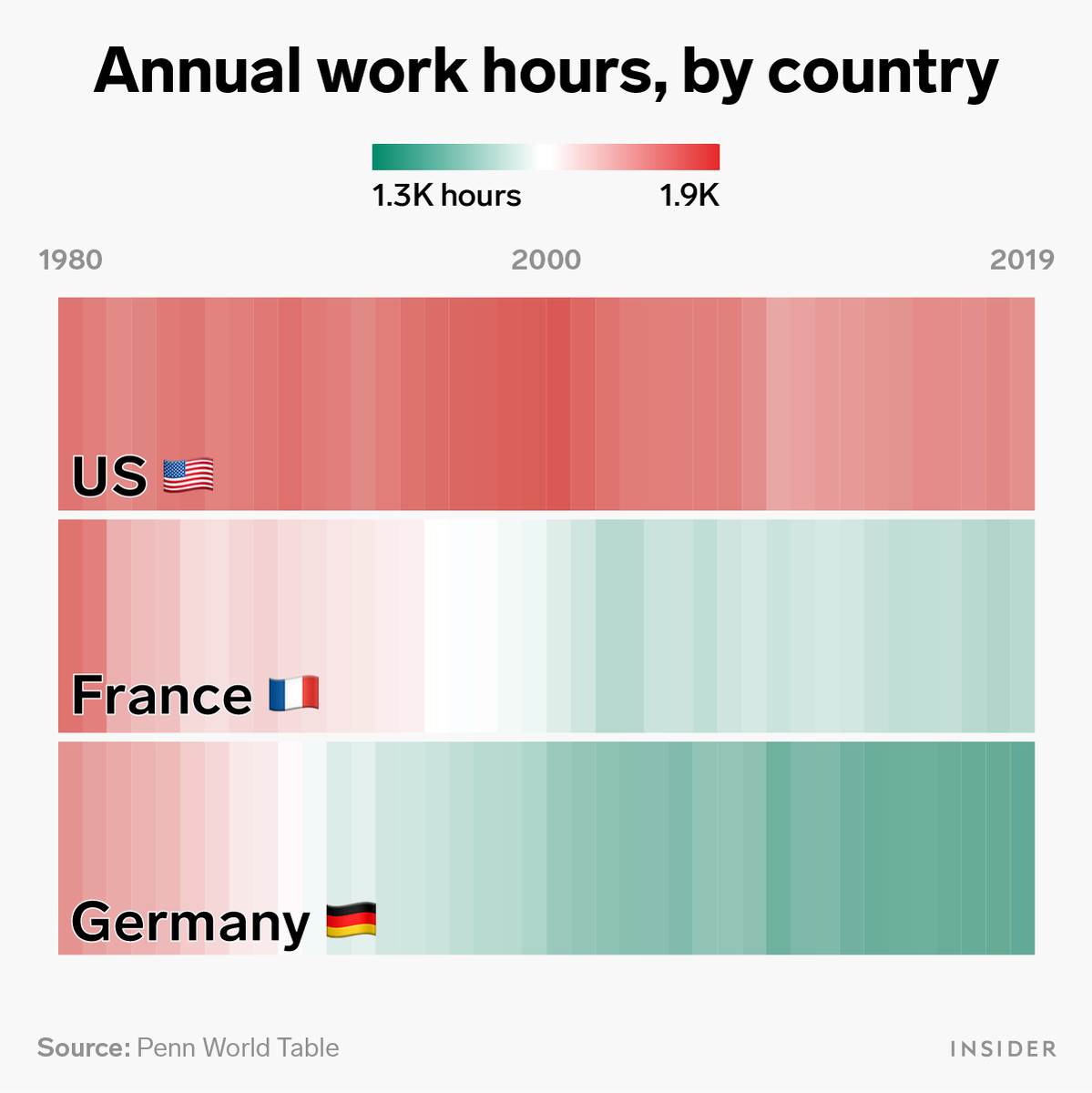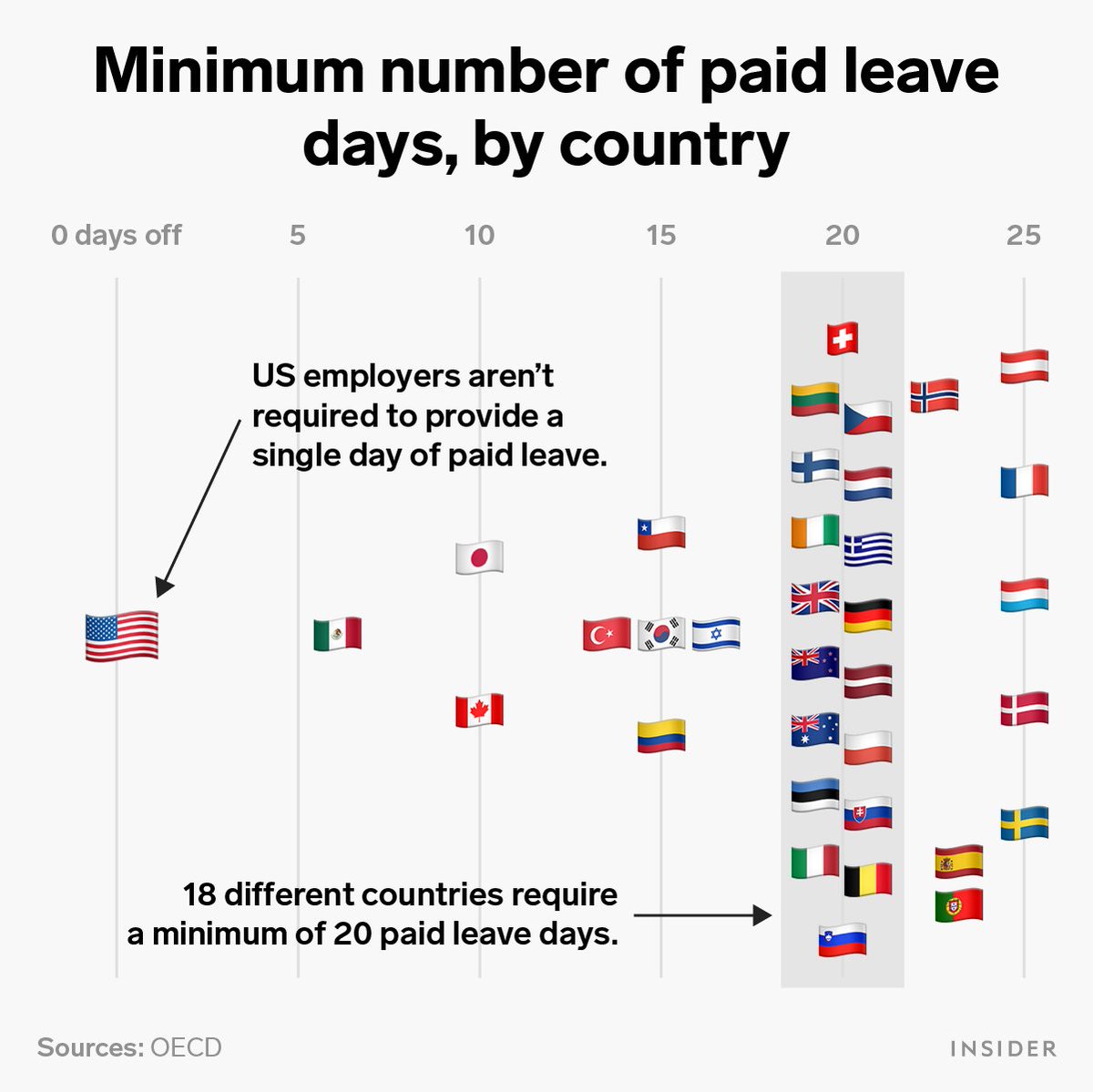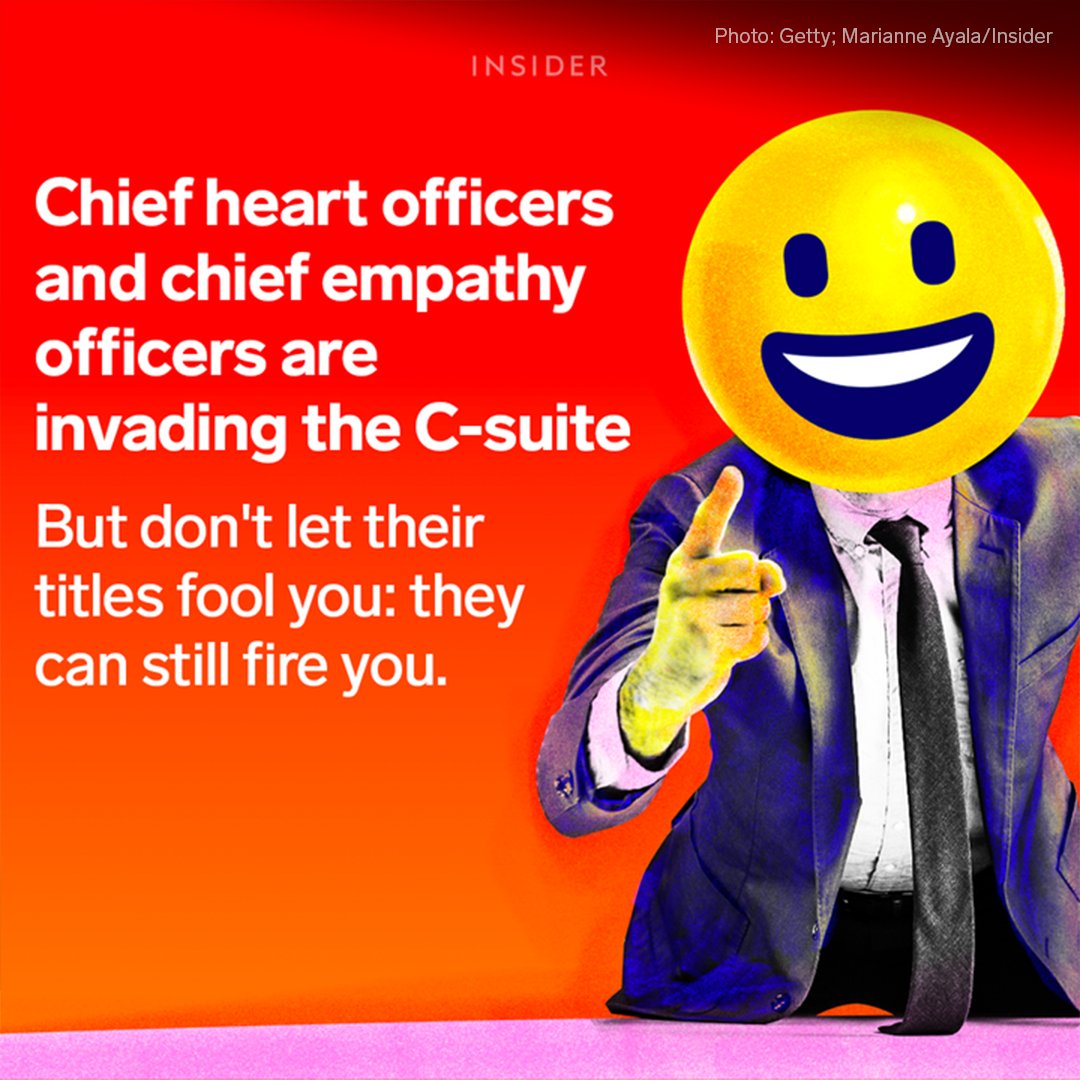Americans have become addicted to work, with some even glamorizing their lack of free time.
Mental-health professionals bemoaned the rise of what became known as "hustle culture."
Here’s how it happened. 👇
businessinsider.com/hustle-culture…
Mental-health professionals bemoaned the rise of what became known as "hustle culture."
Here’s how it happened. 👇
businessinsider.com/hustle-culture…

Back in the 1800s, people didn't work because they enjoyed it, or because it helped them achieve their unique potential, or because it gave meaning and purpose to their lives.
They worked because they had to.
businessinsider.com/hustle-culture…
They worked because they had to.
businessinsider.com/hustle-culture…

Jump forward to the end of the 20th century and thanks to widespread economic growth and massive gains in productivity, spurred by everything from assembly lines to computers, people were working less and earning more.
businessinsider.com/hustle-culture…
businessinsider.com/hustle-culture…
But then something strange happened. In Europe, the average workweek continued to get shorter.
In America, the long, steady march toward a more leisurely future came to an abrupt halt.
businessinsider.com/hustle-culture…
In America, the long, steady march toward a more leisurely future came to an abrupt halt.
businessinsider.com/hustle-culture…

Work became the central means by which you undertook to live your best life, follow your passion, and change the world.
Working long hours was suddenly the ultimate status symbol.
businessinsider.com/hustle-culture…
Working long hours was suddenly the ultimate status symbol.
businessinsider.com/hustle-culture…
In 2018, @wsj reported on Tesla's huge popularity with young engineers, despite making its staff work up to 100 hours a week.
Musk boasted: "There are way easier places to work … but nobody ever changed the world on 40 hours a week."
businessinsider.com/hustle-culture…
Musk boasted: "There are way easier places to work … but nobody ever changed the world on 40 hours a week."
businessinsider.com/hustle-culture…

What made hustle culture so powerful was that Americans wanted to live this way. They were told it was fun, and therefore not really work.
They were told it would make their lives worthwhile and complete.
businessinsider.com/hustle-culture…
They were told it would make their lives worthwhile and complete.
businessinsider.com/hustle-culture…

Millennials and Gen Z, in short, had fully embraced the "work is life" ethic they inherited from their boomer forebears.
A 2018 Pew Research Center study found that some 95% of them said having a job or career they enjoyed was important to them.
businessinsider.com/hustle-culture…
A 2018 Pew Research Center study found that some 95% of them said having a job or career they enjoyed was important to them.
businessinsider.com/hustle-culture…

But when the coronavirus pandemic struck, the question of why we're all working so hard suddenly became foremost in the minds of millions.
Virtually overnight, our jobs started to feel way less important than our personal lives.
businessinsider.com/hustle-culture…
Virtually overnight, our jobs started to feel way less important than our personal lives.
businessinsider.com/hustle-culture…

The way work is glorified in the United States is both a historical and geographical anomaly, a recent American invention.
Differences between the US and Europe in terms of work patterns are still very much apparent.
businessinsider.com/hustle-culture…
Differences between the US and Europe in terms of work patterns are still very much apparent.
businessinsider.com/hustle-culture…

To read more from this “work hustle” deep dive, subscribe to @thisisinsider. 👇
businessinsider.com/hustle-culture…
businessinsider.com/hustle-culture…
• • •
Missing some Tweet in this thread? You can try to
force a refresh








